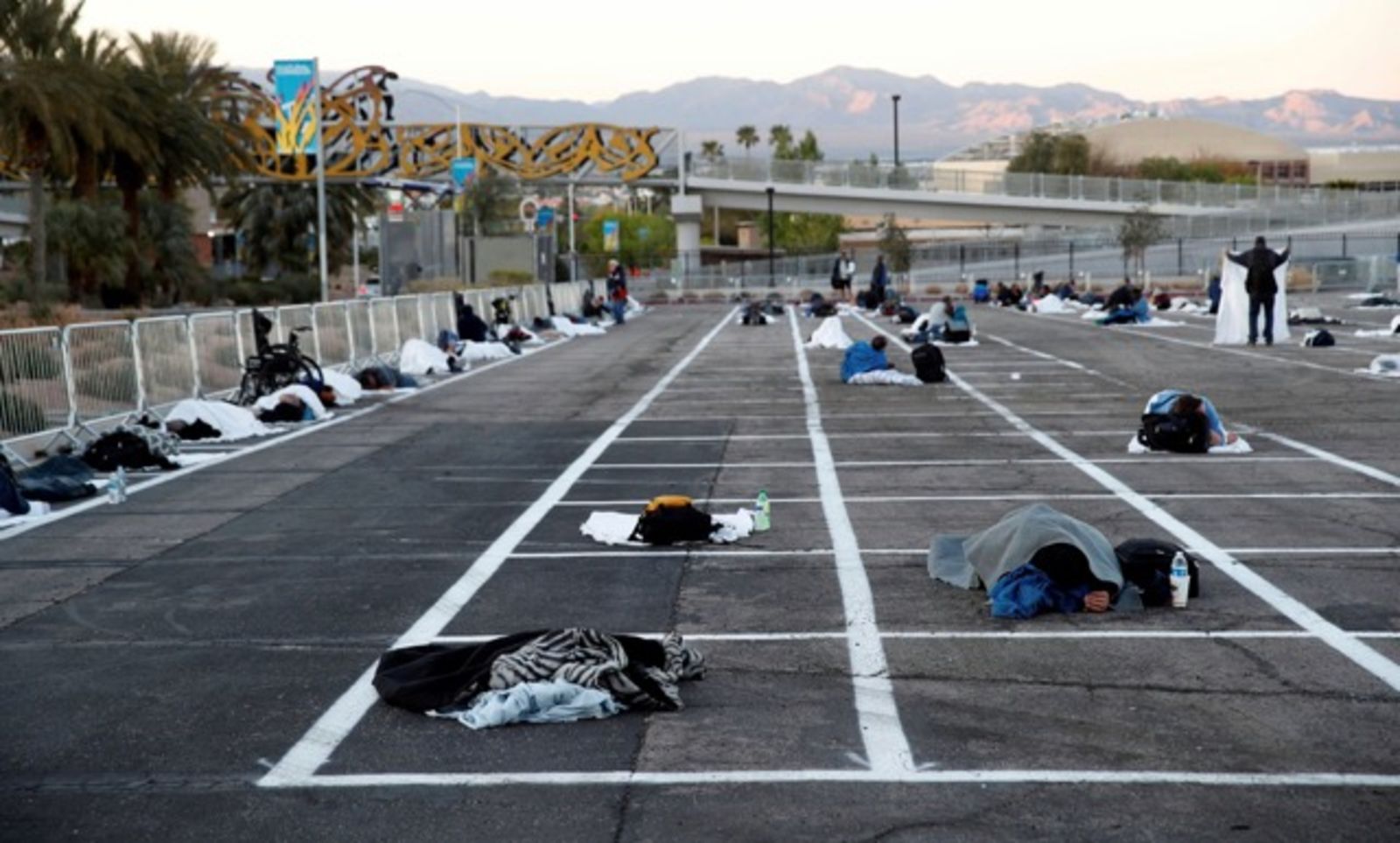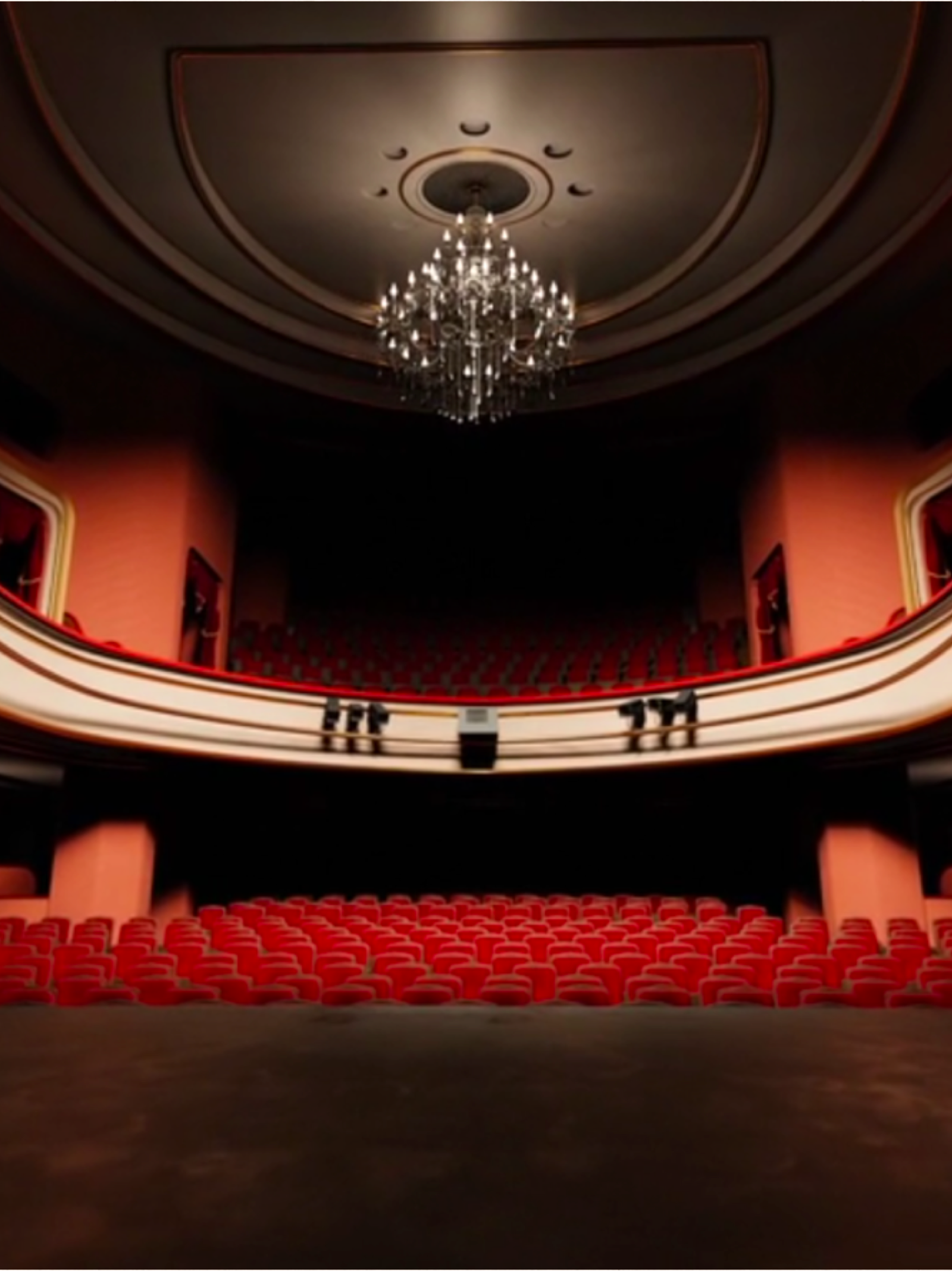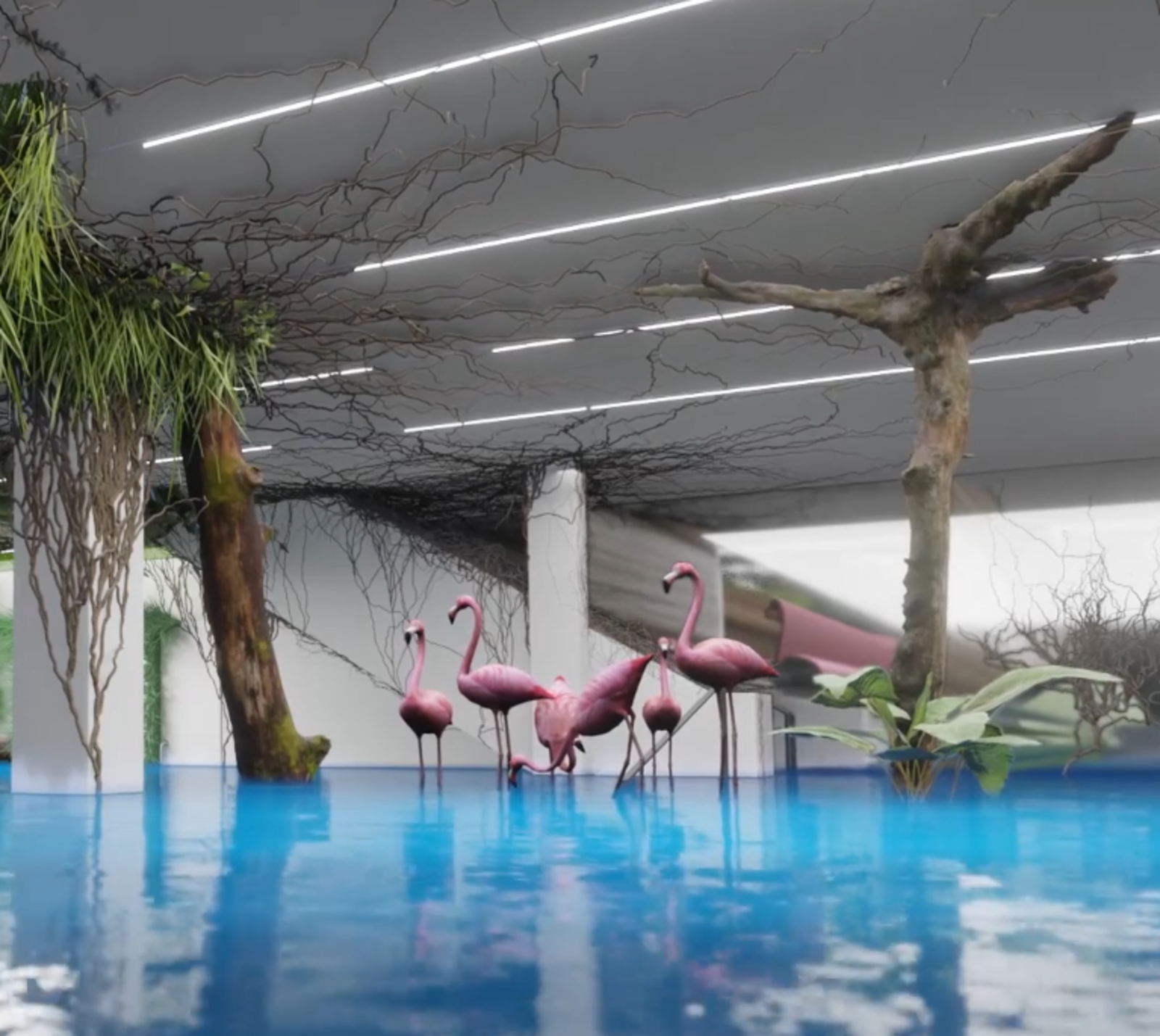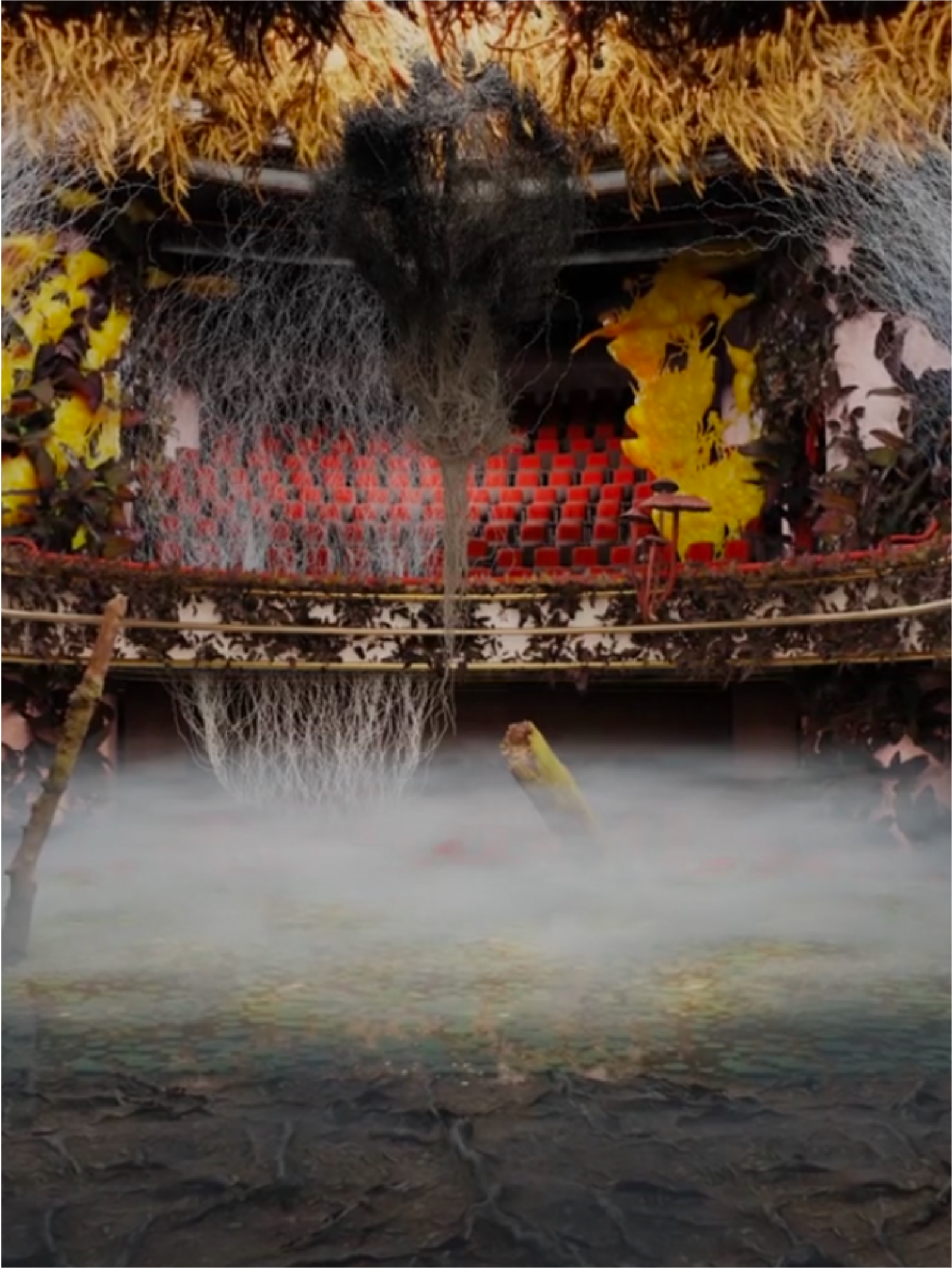Lockdown Theatre (2):
Beyond the time of the right care:
A letter to the performance artist
by Bojana Kunst
published on 21. April 2020
Dear imaginary you,
this is a letter to many appearances and embodiments of you, whom I missed so dearly. Imagining is a rewarding task, but only if it is done together, collectively, as a process and a practice which happens from bellow and in the middle of the differences between us.
Such a process of imagination is very familiar to you, who are always involved in so many working processes with people, things, bodies, spaces, sounds, animals, friends, atmospheres, weather, plants, spaces, etc. You are incessantly caring for micro-relations, growing the practice of imagination in collaboration, testing, exploring, and corresponding with so many of you and them. Therefore, I wonder, how would you, in many different forms of you, if (hopefully) everything goes well for us, imagine the time beyond? What is your hope, your imagination of the future, how are you coloring your deepest fears? Will you be able to continue at all, concerning that it was already very heavy and almost impossible for many of you before?
I would like to share with you some thoughts on the time we are living in at the moment, on the event of the accurate, right care. Solidarity is measured by the precise respect of the rules and our good feeling arises from behaving in the exact, right way, measured in meters of distance. I am rereading again the book Matters of care by María Puig de la Bellacasa these days, traveling through her inspiring dense web of thinking about care, browsing through her reassuring thoughts that, sometimes, care is not a fusion, it can also be about the right distance. Yet, I also think that another aspect of care she writes about, the accurate care, is actually what is happening to us right now. This is the meaning of care, which originates from accurare: something is prepared with care, is exact. In this meaning, there are many traces of being right, being up to the measure. But this, at the same time, tends to erase the specificities of situations and lives; as by example, the simple presupposition that everyone has a home to isolate herself.

A couple of days ago, I saw a photo of the arrangement for homeless people at the parking lot in Las Vegas, the city currently haunted by the empty hotel rooms. Homeless people can go to sleep there in the open in two meters distance to each other and to isolate them in a right way, the city authorities draw white lines and squares in the accurate, precise way. But the accurate way to distance from each other was also employed by the pro-refugee demonstrators in Frankfurt, at the beginning of April. They tried to protest in two meters distance, some even drew the lines among them, but the police didn´t see it as the right thing to do, so they violently chased them away. Here, we can observe how right and accurate immediately shift the meaning according to the situation of power and the bodies involved. Feminist thinkers reflecting on the notion of care know that very well, shifting the focus to the politics of care, showing the inequalities, hierarchies, and asymmetries of power in the core of our relational being.
Don’t you think we were, somehow, especially in the globalized North, quite ready for this event of the accurate, right care, for this situation in which we are now? A long time before the current spread of the virus, we prefigured it like the preppers with the reorganization of our lives, our businesses, relations, and communal lives. We were not ontologically and ethically prepared for the virus, but we were ready to perform the gesture of the right care, to go into isolation and to work and socialize online, and, at the same time, to give at least a feeling of relentless productivity (in work and in leisure).
And, while we were performing the skills of the right care, we also radically abandoned another dimension of care, the practice of caring with. Caring with in the attendance to others, with asymmetry of touch, senses, and smells, caring with inside the unequal, messy and troubled situations, caring with bodies, animals, plants, things, with our hands and bodies dirty; this kind of caring radically collapsed already some time ago. The signs of collapse are in our public health systems, public forms of solidarity, with our underpaid and migrant care workers, at our borders and in migrant camps. They can be found in our exhausted environment, in our political and economic solutions, but also in our precarious micro-relations, where the time for caring with is scarce, because we work so relentlessly for our (calcul)able future. I apologize, dear you, I was taken away and started to talk on a grand scale. I really do not want this to look like like another rhetorical self-accusation. I am afraid that from the position of speaking, in the safety of my own home, with enough space and caring relations, this would only produce another form of the right care.
However, there is a reason, dear you, to elaborate a bit more on the paradoxes of the right care. It has a lot to do with our micro-relations in the performance work and with the making of performances. Paradoxically, many current precarious professions and precarious institutional surroundings in arts originate from this shift in the notion and experience of care. Artists have become somehow similar to care workers, thou maybe in a more poetic way, inventing expressions, choreographies, and situations of care with a lot of affective investment. This could also be described as the shift from the critique to care, the consequence of the distance being put on the pillory. There are some good reasons why a distance should be on the pillory, but that does not mean that the hierarchies, inequalities, and violent power relationships do not continue in this, more involved, caring and affective way of making art. Perhaps only the consequences of violence are now tangible in a different way. Many workers in arts care strongly, care in the right way, we all invest and engage in the state of the world very much, with its politics, racism, inequality, power, etc. Somehow, we can agree, on a grand scale, what the problems to care about are, and this is good, especially in the world strongly susceptible to populism and hatred. So, there should really be no obstacles to our imagination, the performance is a space of imagination of a better world and living, an unexpected, rich, and poetic practice of reciprocity and entanglement. At the same time, many of you work in flexible and instable ways, you belong to the precarious forms of life, uncertainty, and fears about the future. You are full of anxieties about how it will continue, and these anxieties were here long before this current event of the accurate, right care. You are familiar with the hierarchies, exclusions, and power relations, continuing with all their forces inside the call for the imagination. The power is driven by the accelerated professionalization of the artistic work and the instability of the institutional surroundings in which you work, with radical inequality of spaces and conditions you originate from and are familiar with, with the violence of populist politics, racism, and new forms of fascism around you.
For that reason, my dear you, I speculatively ask how to bring these different sides of life together, how to knit them in the web of caring with? Many of you are continually resisting that feeling of incapacity and are confirming what Puig de la Bellacasa writes: that the burnout, anxiety, etc., do not have to be the only way to care. There is so much joy in experimenting with, and searching for, other modes of working, shifting and distributing the value of your work in another way, collaborating and building a practice together, settling into the environment of many different relations; there is so much joy in writing and thinking in a more caring with way. There is so much joy in erasing the carelessness.
In the future, we need to deal with the clash between different relational realities of living, something what Michael Marder, another author I reread these days, writes about. In a short text about care and plants, he writes about the clash between infinite possibilities of care and about the fact that we live inside the scarce reality of care. We should not be paralyzed by the possibilities, but rather freed to act thanks to it, not to allow that the care exists on the level of the virtual potentiality, because already the fact that we care is a sign of something vegetal in us, as Marder writes. That means approaching yet another meaning in the web of care, which has a lot to do being in attendance.
And, here we are again, dear you, together in the theater, with performance. The attendance is also care, but, as the notion of care itself, has many articulations. Marder writes about the difference between the forms of attending, like attending as mere presence (visiting an event, observing, standing by, etc.) and as attending to other, presence to other. This presence, attending to other, you know well, is crucial to theater in whatever way it happens. It should be put in the focus, but maybe in a different way as it was done until now. How would a performance change for all, if we attended it as a rich web of practices? The performance as a mesh of environments and processes, ecological correspondences, a mesh of articulations and imaginations, which would enable life to all its players, a field of caring with. No particular projects and interests, but the knitting of the environments and correspondences, a web of co-survival and support, a continuation through the time as the balls of wool.
Finally, dear you, I am already way over the number of words given to me to write this letter. So, I will add only this. Look at the plants, my dear you. They are, Marder writes, full of sensitivity for multiple environmental factors, and in contrast to us, humans, who all care about, all care for. But again, we should politicize and not romanticize. Their time and life is not accessible to us, and exactly because of their being in attendance, of how they attend to the world, we radically subject them to the violence and hierarchies. Another reason why, after this event of the right, accurate care, the inequalities on all the levels of life should come into the core of our modes of working and attending. To imagine the joy of experimenting, attending and creating together, but caring with the conditions of life for all.
The books reread:
Luce Irigaray and Michael Marder: Through Vegetal Being. Two Philosophical Perspectives, Columbia University Press, 2016.
Michael Marder: We Couldn't Care More, in: Joke Brouwer and Sjoerd van Tuinen (eds.), To Mind Is to Care (Rotterdam: V_2 Publishing, 2019), pp. 158-173.
María Puig de la Bellacasa: Matters of Care. Speculative Ethics in More Than Human Worlds, University of Minnesota Press, 2017.


